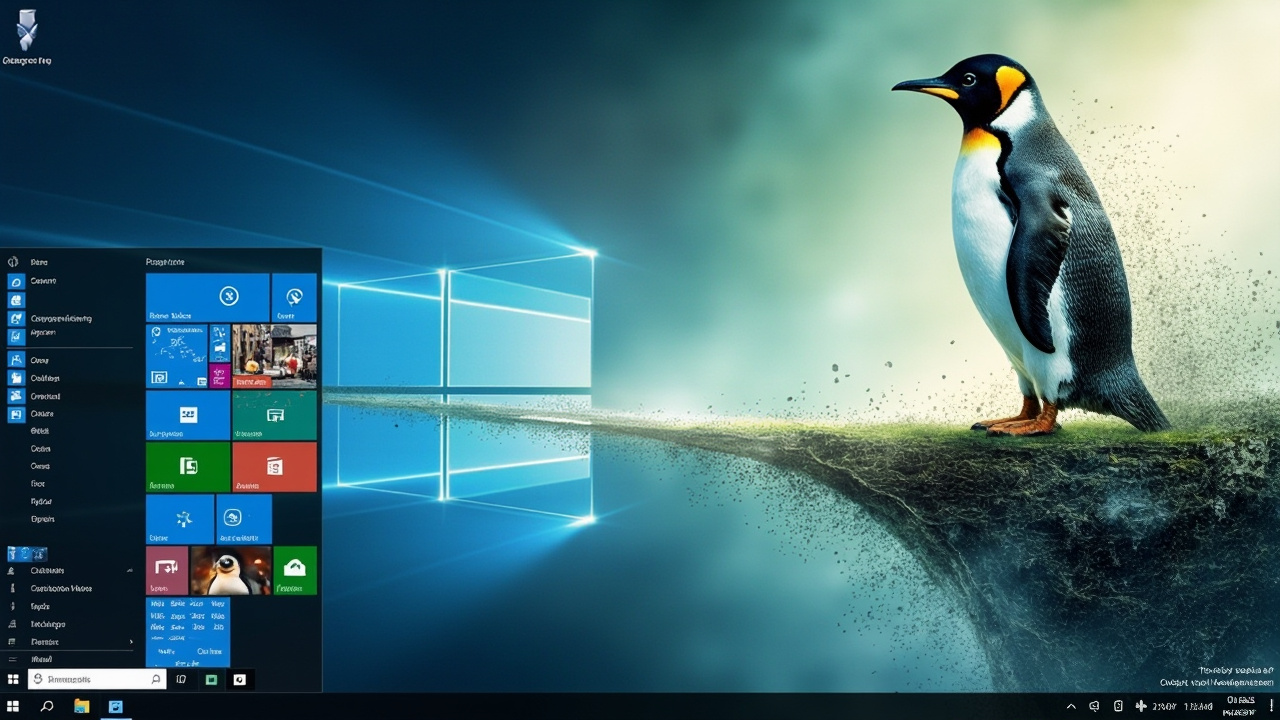How Coffee Transforms Your Gut Microbiome

Every morning, millions of people around the world rely on coffee to kickstart their day. This beloved beverage not only awakens our senses but also holds a deep and intriguing connection to our gut microbiome—a vast community of trillions of microorganisms that impact our health in profound ways. Understanding how coffee affects this hidden empire of bacteria is crucial, especially as we increasingly look to personalized diets and wellness strategies in our fast-paced lives.
The gut microbiome functions like an invisible organ, playing essential roles in digestion, immune defense, and even our mental health. It encompasses diverse microbes, including bacteria and fungi, which collaborate to process food, synthesize vitamins, and protect against pathogens. Recent studies have shown that our foods, including coffee, serve as critical fuel for these microbial communities. A particularly surprising finding revealed that regular coffee consumption increases the abundance of a bacterial species known as Lawsonibacter asaccharolyticus (La). This species is thought to enhance the body’s ability to metabolize coffee’s bioactive compounds, such as chlorogenic acids, potentially leading to beneficial effects like improved gut health and increased energy.
But how does this all work in practice? For example, individuals who consume coffee regularly may experience not just heightened alertness but a richer diversity in their gut microbiome. When researchers analyzed fecal samples from coffee drinkers, they found higher levels of La, suggesting that coffee may positively influence this microbial population. This relationship hints at a larger conversation about how diet impacts gut health. Consider this: if coffee cultivates beneficial bacteria, could other dietary choices amplify or mitigate its effects? Further studies are necessary to delve deeper and potentially reveal unintended consequences of coffee consumption on our overall microbiome balance. As we navigate our health in an age of personalized nutrition, the connections between our dietary choices and microbial health are more relevant than ever.
Read These Next

Denmark's Digital Ministry Moves from Microsoft to Linux
Denmark's Digital Ministry plans to transition from Microsoft Office 365 to Linux and LibreOffice, marking a significant shift toward open-source software in government operations and raising discussions about digital sovereignty.

Nintendo Switch 2 Becomes Japan's Fastest Selling Console
Nintendo's Switch 2 has set a new record in Japan for fastest sales, indicating strong consumer demand and engagement.

Financial Impact of Trade Tensions on PDD Holdings and Global Commerce
This article explores the significant profit drop for PDD Holdings as a reflection of trade tensions and changing consumer behavior, connecting corporate challenges to broader economic trends.
